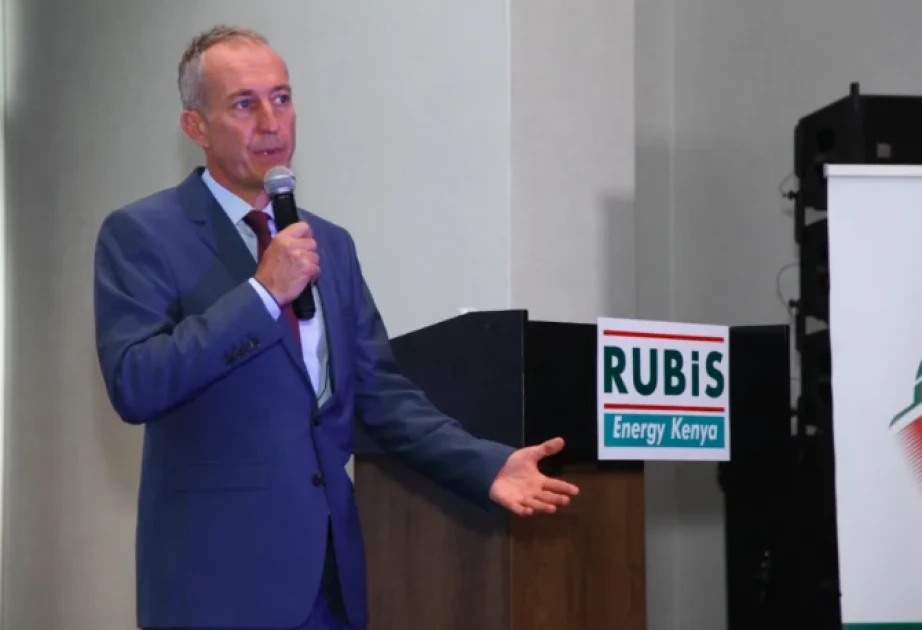“Don’t Say I didn’t Warn You” David Ndii Slams Gov’t For Deporting Rubis CEO



David Ndii Explains the Cause of Fuel Shortage in Kenya
Economist David in a different tweet, explained in detail the current fuel shortage being experienced in the Country.
Using a Twitter thread with title “The economics of the fuel shortage“ Ndii took Kenyans through a series of explanations.

Here is his comprehensive statement:
“The economics of the fuel shortage. A short thread. There are two parts to the ongoing fuel shortage. First, is a failure of price controls. In short when circumstances change, prices adjust accordingly enabling businesses to operate profitably.
If prices are fixed and cannot adjust, then it is quantities (supply) that adjust. That is why price controls and shortages go hand in hand. Once upon a time, this was the norm in Kenya, especially before the budget when products were hoarded in anticipation of price hikes.
Today, shortages are limited to products and services whose prices are regulated—electricity, water, fuel. The price mechanism is the crux of why a decentralized market system beats centralized command and control economy.
Second, government creditworthiness. A government IOU is supposed to be as good as money in the bank. A “letter of comfort” issued to a lender by a national Treasury is as good as collateral.
The Anglo Leasing scam in which the public was robbed $350m (Sh40b at current exchange rates) was executed by way of IOUs issued to the scammers which they quickly discounted with third parties, that Government was obliged to honour to protect its creditworthiness.
A week ago, the government assured the oil marketers that they would be paid monies owed. The President even did a PR jig signing the supplementary budget which was reported in the media as authorizing the release of Sh34b to the oil marketers.
The oil marketers have clearly decided that the Government’s word is not its bond. Today oil marketers, tommorow someone else. Soon, everyone. This is the road to default. In other news. Sri Lanka has defaulted.“




![Festus Makori and Jerica Muthoni. [Lilian Chepkoech]](https://mkenyaleo.co.ke/wp-content/uploads/2024/04/Q16uLG6Y0KB9b14AiLHv6W3TOXDWD0bftwRfm4YQ-390x220.jpg)


